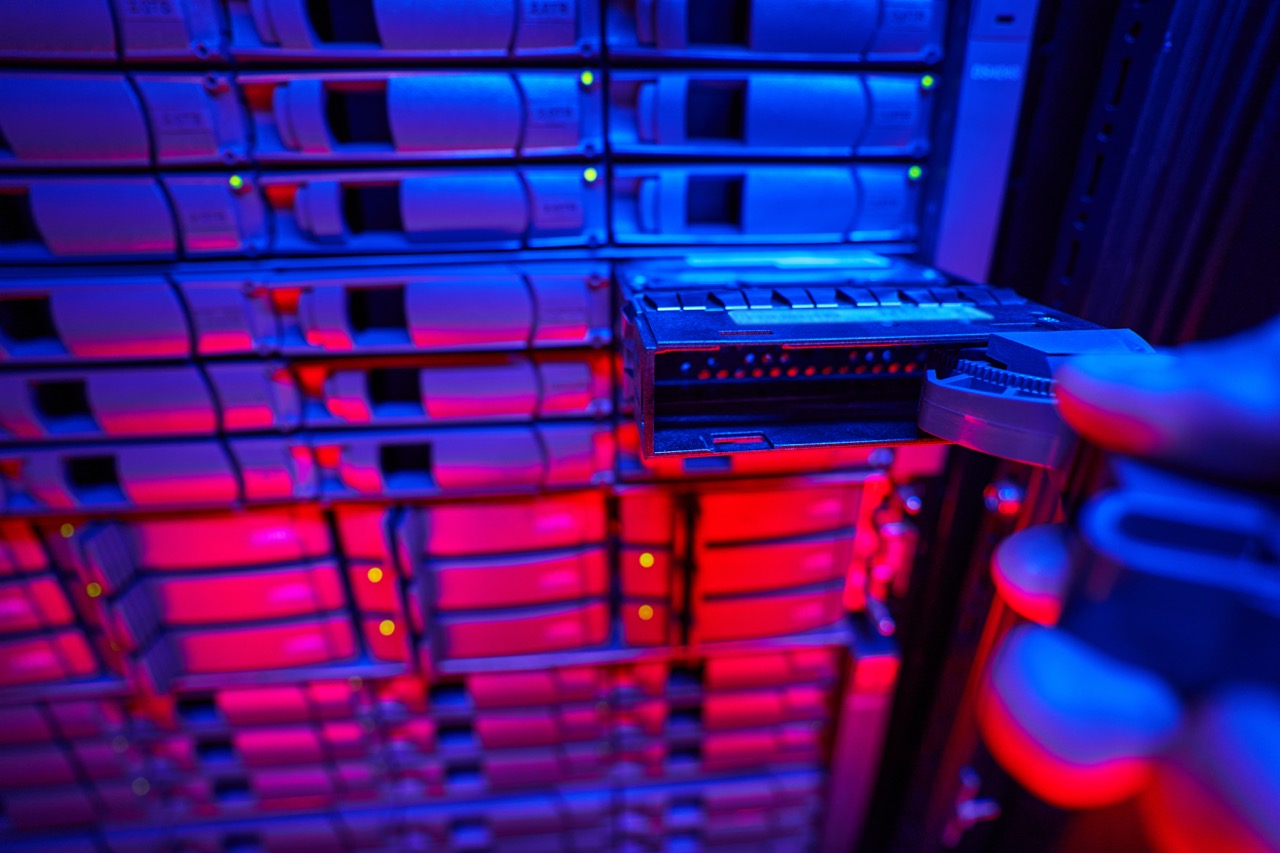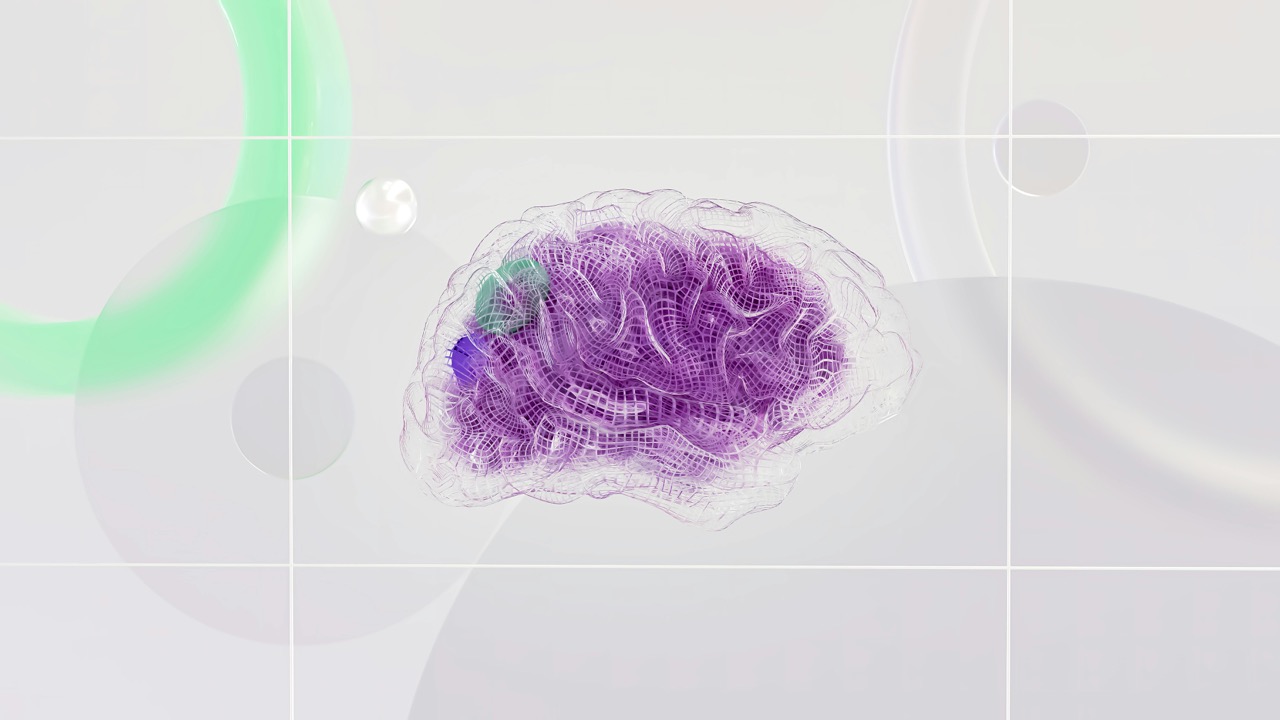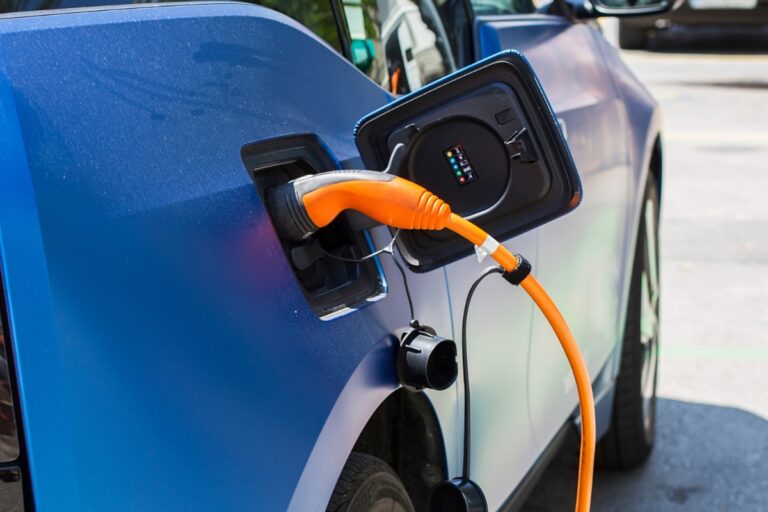To Save Water, Delete Your Photos and Emails

⬤ In an unusual move, the UK government has asked citizens to help save water in a surprising way.
⬤ One of the suggested methods is clearing cloud storage, old photos, and emails.
⬤ Experts say these steps do not actually save water and that reducing AI use would be more effective.
The United Kingdom is currently experiencing a drought, prompting the government to call on citizens to help ease the crisis. But alongside the usual water-saving advice, the government made an unexpected request: “delete old photos and emails.”
The UK’s National Drought Council issued new household guidelines for water conservation, including familiar tips such as avoiding lawn watering, taking shorter showers, fixing leaks, and minimizing waste. However, one controversial suggestion stood out: deleting old emails and photos, based on the claim that data centers consume significant amounts of water to cool their systems.
While it is true that data centers use vast amounts of water through evaporative cooling, estimated at up to 560 billion liters each year, the debate quickly turned to whether the government’s advice would make any real difference in water use.
Storage devices produce very little heat once data is saved, and their energy consumption is not affected by how much data is stored. Whether the drives are full or nearly empty, their power use remains about the same. What actually increases energy and cooling demand are read and write operations such as searches, backup scans, and even file deletions themselves. These processes generate additional heat, leading to more water use for cooling. As a result, the government’s recommendation may ironically worsen water consumption rather than reduce it.
Experts suggest there is another, far more effective way to cut water use: limiting artificial intelligence workloads. According to an environmental report from French AI company Mistral AI, generating a 400-token AI response, roughly one page of text, consumes about 45 milliliters of water, or nearly half a cup of tea, and produces around 1.14 grams of carbon dioxide equivalent. With millions of people using AI tools every day, this has become a growing environmental concern.
The irony, experts note, is that while the British government continues to praise AI and promises to expand its use across the country. It is also urging citizens to delete old photos and memories that have almost no real impact on water consumption.


































